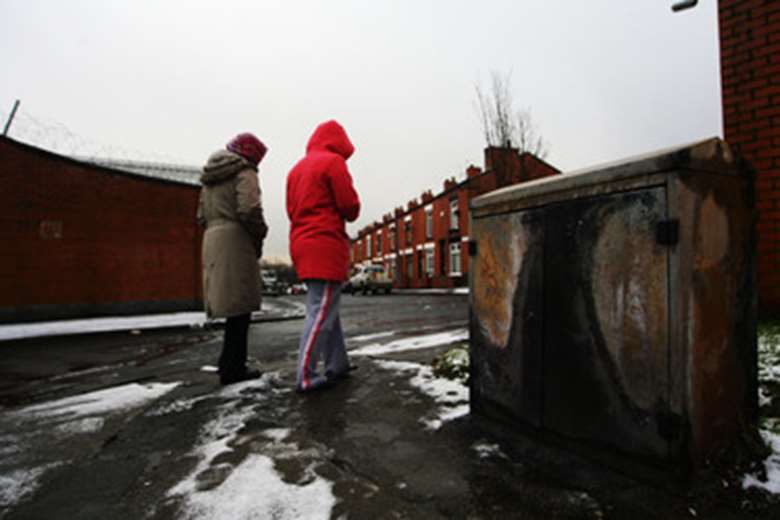Daily roundup: Migrant children, junior ISAs, and re-defining child poverty
Gabriella Jozwiak
Wednesday, November 28, 2012
Government officials fail to appear before a parliamentary committee investigating the rights of migrant children, ISA scheme launched for children in care, and a think-tank outlines five 'types' of child poverty, all in the news today.

Government officials due to give evidence to a parliamentary committee on the human rights of unaccompanied migrant children have withdrawn their contribution. Home Office, Department for Education and Ministry of Justice representatives withdrew giving just 24-hours notice and without providing an explanation. The chair of the Joint Committee on Human Rights, Hywel Francis MP, has written to the Home Secretary Teresa May, branding the situation “unsatisfactory”. Kamena Dorling, manager of the Migrant Children’s Project at Coram Children’s Legal Centre, said the meeting intended to consider whether the UK was “meeting its legal obligations to children at a time when many marginalised groups are not receiving the support and protection to which they are entitled”.
Children who have been in care for more than a year are to receive £200 each under a savings scheme from the Department for Education and the Share Foundation. The Junior Individual Savings Accounts (ISAs) will reach more than 55,000 children and young people in the UK care system, and have been established following campaigns led by Action for Children and Barnardo’s. The £16.7m scheme is intended to provide financial security for children when they leave care. “When I left care it was a really daunting time – I was suddenly on my own and needed to work out how to live independently," said care leaver Lee, 22, who backed the campaign. “Just having a bit of financial support would have made a real difference.”
Five child poverty “types” have been identified by the think-tank Demos as part of proposals to improve the way that poverty is measured. The “types” are based on research into economic, social and environmental indicators of poverty, including poor health and ability to pay bills. Demos is now calling on government to recognise 'grafters', 'full-house families', 'pressured parents', 'vulnerable mothers' and 'managing mothers' as distinct categories in its consultation into how measures of child poverty could be expanded beyond income. “This research is a real breakthrough that lays out a clear template to help local authorities understand poverty at a household level and get to grips with the unique combination of problems that families are facing,” said Claudia Wood, deputy director.?
More than four in ten mental health trusts do not have the recommended number of staff, according to a survey by the charity Mind. It found one in five people who came into contact with NHS services in crisis were not assessed at all, and only 14 per cent said they felt they had all the support they needed. The report also cites case studies, such as the example of Naomi, 19, who took an overdose at school and had two meetings with the local mental health crisis team, but was then abandoned by the service.
The number of homeless families in Westminster living in bed and breakfast accommodation beyond the recommended six-week limit has risen again. Latest figures from the council show that 140 families in Westminster have been in temporary bed and breakfast accommodation for longer than they should have been, an increase of 45 families in three months. “The housing crisis is getting worse month-on-month,” Paul Dimoldenberg, leader of the council’s Labour Group said. “New homes are needed at a price that people can afford.”
Young people with eating disorders are increasingly using “pro-ana” websites to network with other sufferers, research has found. The study by academics from University College Suffolk uncovered 500 eating disorder websites, some with up to 2,600 members. The sites tell people how to stay thin, diet and maintain eating disorders and advocate diets of 400-500 calories per day, when the recommended daily calorie intake is 2,000 for women and 2,500 for men. They also swap ideas for hiding the symptoms of disorders from family, friends and health professionals. Dr. Emma Bond, author of the report, said: “Parents and teachers need to increase their awareness so that young people can be helped”.




